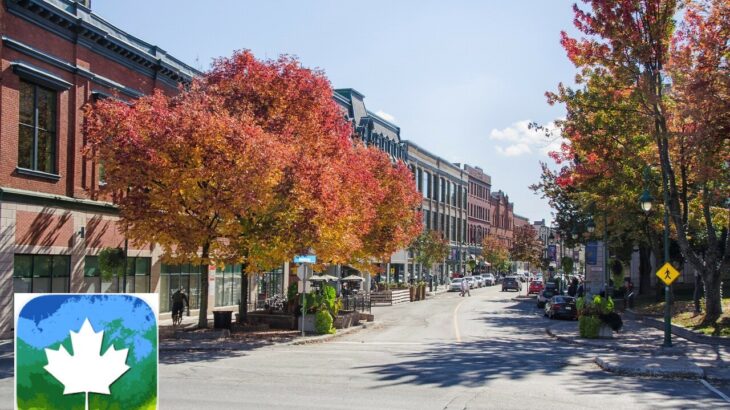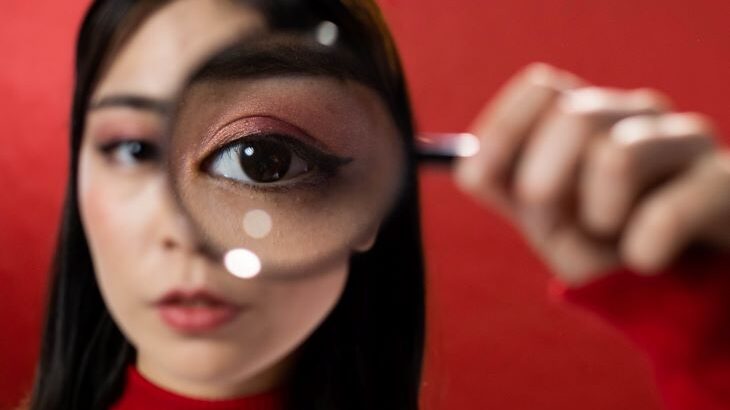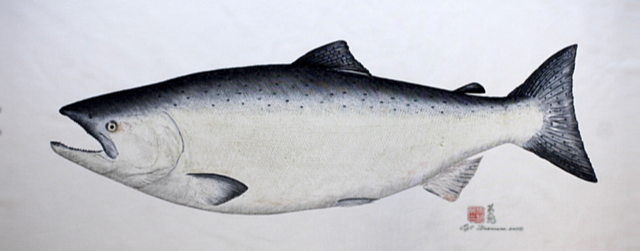
By Katie Compton, Policy & Politics editor Research has confirmed something that parents and teens have known for a long time: teenagers stay up later and sleep in longer than other age groups. This sleeping pattern isn’t an act of rebellion or a sign of laziness – it’s rooted in teens’ natural circadian rhythm. Forcing […]







